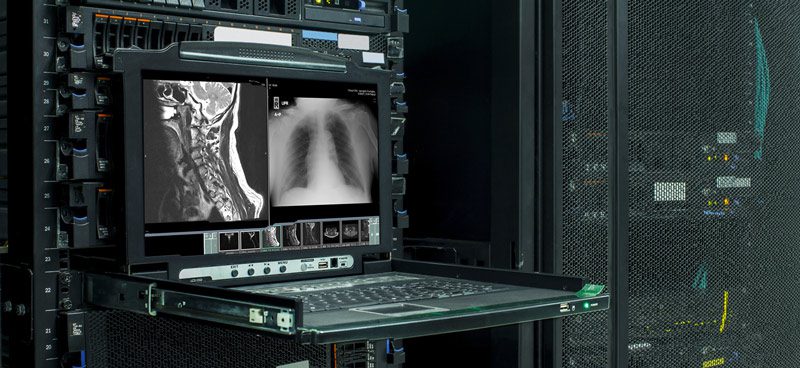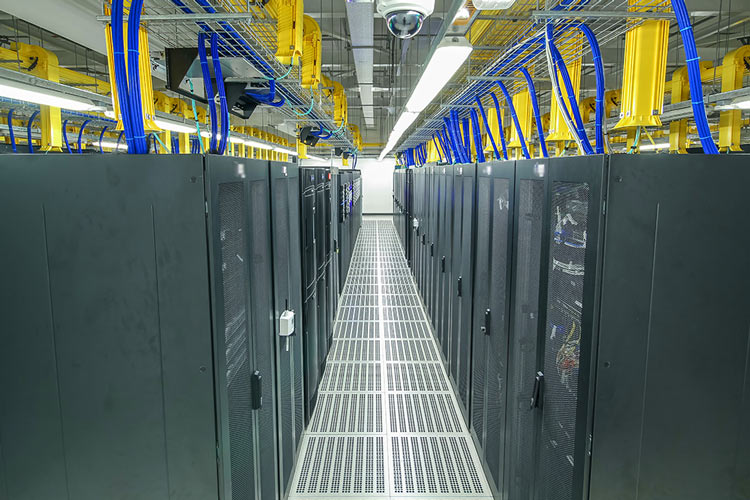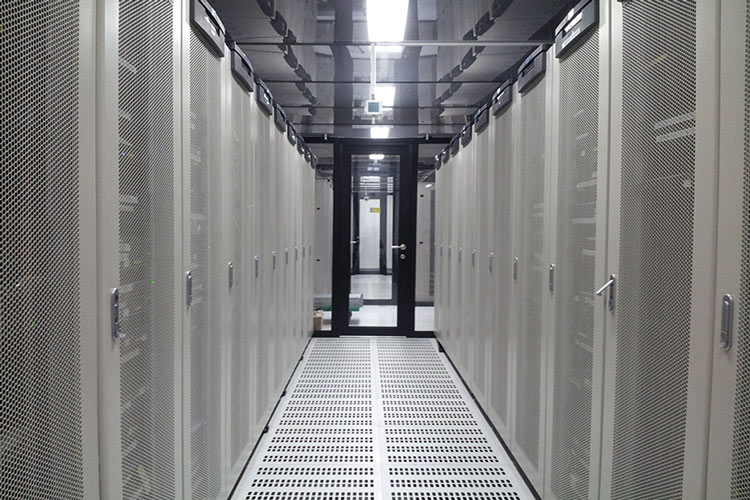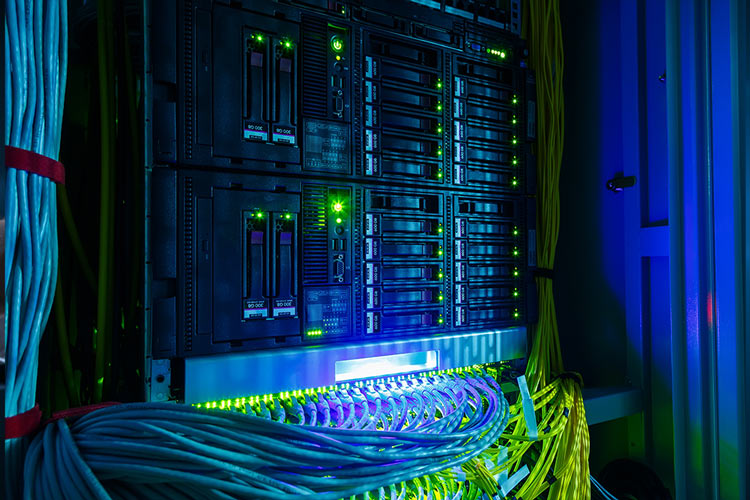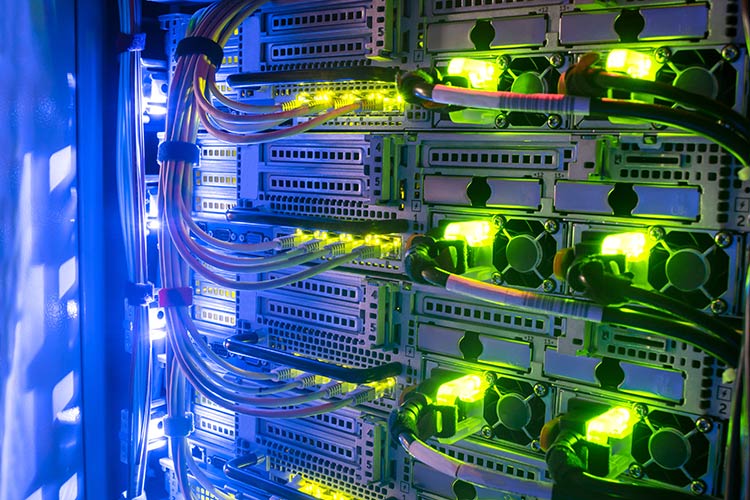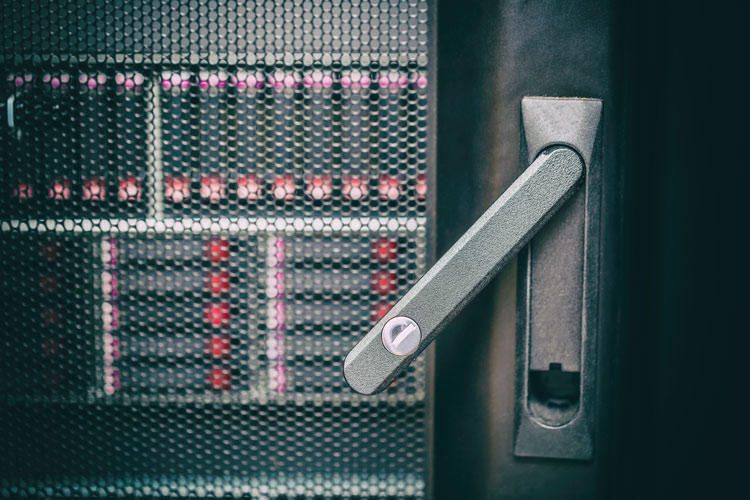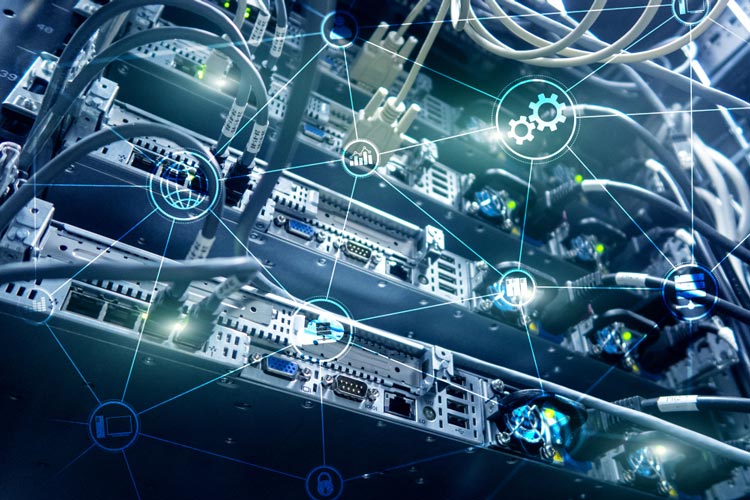As the world keeps growing in population and our lifespans, fortunately, stretch for longer, there’s an increasing need for efficiency to deal with the numbers in the healthcare industry. The pandemic has made it clear that the healthcare sector needs to expand further. This growth will bring to the fore the need for efficient healthcare data centers and storage infrastructures.
With the internet becoming widely available, the world has seen one of the most significant transformations of all time through the course of civilization. The changes it brought with smart gadgets and the Internet of Things for healthcare will undoubtedly make a mark on the world and continue to bring improvements to the quality of our lives. Self-monitoring devices can not only warn us of our health status but also provide valuable data for research and analysis. Each day, massive amounts of data from millions of people are collected and stored. Data centers have a critical role in being the backbone of this whole network of development. They are storing and safeguarding all data from hospitals and clinics to smartwatches and devices for individual use.
In visions of the future, the healthcare industry will probably be moving away from the reactive treatment of symptoms based on a single examination. Thanks to new technologies, it will shift towards a strategy that focuses on early detection and prevention.
With the widespread use of digital healthcare solutions, more precise and personalized patient care will be possible. AI and data help to monitor health indicators individually and track health indexes accurately. But as the volume of this data keeps growing, efficient storage, backup, security, and maintenance solutions provided by data centers will be paramount.
The healthcare industry and data
The healthcare industry is spending trillions on IT infrastructure yearly to optimize functioning and invest in new technologies. A big part of the money is going into increasing the efficiency of data centers. One of the goals is to aggregate data to identify patient patterns and trends. This will allow medical companies to categorize the data to gain insights into humans’ day-to-day habits and activities. Thanks to the large volumes of data, medical companies will gain better insight into what activities are unhealthy and which are good for our health.
Healthcare services heavily depend on efficient data center solutions. In order to perform their tasks efficiently, uptime, security, and availability of top-notch data centers are crucial considerations. The large volumes of data make it possible to get insight into tendencies and work on large-scale improvements.
IoMT and cloud-based healthcare
According to predictions, digital healthcare can reach four times its size, growing from its current $300 billion to $1.3 trillion by the year 2030. Keeping up all the work connecting people and healthcare professionals to the IoMT will depend on the new and extended data architectures hosted by data centers.
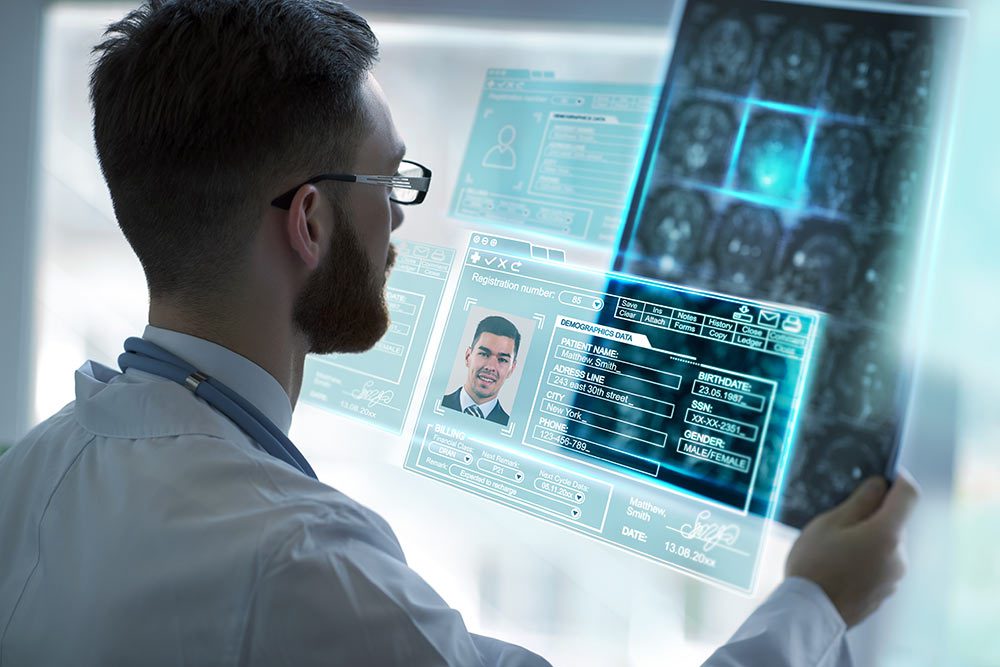
Types of healthcare data collected and stored
Data centers store a monumental amount of patient information crucial to medical management. Since the digitalization of healthcare, Electronic Health Records have been stored, containing all medical history, test results, and medication history. But this is only the baseline. Archives are storing all the larger files of medical imaging (CTs, X-rays, and MRIs). On the financial side, billing and insurance data are also stored. Laboratory results, clinical notes, and more recently, telemedicine interaction records also make up part of the patient’s medical history file. Medical research and administrative data add their own significant part to the total of medical data stored in data centers.
The role of data centers: on-premises or collocation?
On-premises data centers offer the perk of good performance speed, which can be useful for the smooth functioning of communication systems and quick file sharing. If a facility uses applications and systems designed for on-site use, then the presence of an on-premises data center might be a must. However, the healthcare industry is slowly crushed by its own data. For digital healthcare to function optimally, collaborations will be essential. Cloud-based and treatment apps constitute one of the biggest investments in the future of the healthcare industry. Most institutions will want to keep pace with the fast evolution of personal health tools. To make this possible, multi-location cloud providers will occupy a central position in the picture. Being connected to multiple cloud providers allows for a bigger stretch. Processing data closer to the user/patient source can smoothen out the annoying traffic issues.
The issue with on-premise IT infrastructure
Many hospitals lack the up-to-date equipment needed for cooling and backup, and there are frequent problems with the efficiency of the power infrastructure. Because of this, things might not always work as they should. Communication systems being down might cause a whole facility to freeze for extended periods of time, leading to inadequate service and customer dissatisfaction.
However, partnering in a hybrid setup with colocation data center service providers can lift these burdens off healthcare providers’ shoulders. By offering valuable storage space, technical maintenance, and managed services, off-site data centers can ensure everything is running smoothly at all times. Multi-location presence allows to keep the systems running even when an unexpected event occurs.

Meeting healthcare compliance standards
Colocation data centers offer excellent solutions for digital healthcare, allowing a fast transfer of data. However, many professionals have concerns about compliance when searching for a colocation data center. There’s no room for compromised security and privacy when it comes to the healthcare industry’s data. Data centers handling medical data have to fit the requirements of The Health Information Trust Alliance (HITRUST) and The Health Insurance Portability and Accountability Act (HIPAA).
At Volico Data Centers, compliance issues are inexistent, as our data centers are among the few HITRUST-audited and certified colocation providers, assuring transparency and reliable infrastructure. Volico Data Centers are also HIPAA and HITECH certified, meeting all the requirements and more: network redundancy, managed services, backup power, and support staff stand ready to meet your business’s needs 24/7.
Ready to get started?
• Call: 888 865 4261
• Chat with a team member to discuss which solution best fits your needs.

